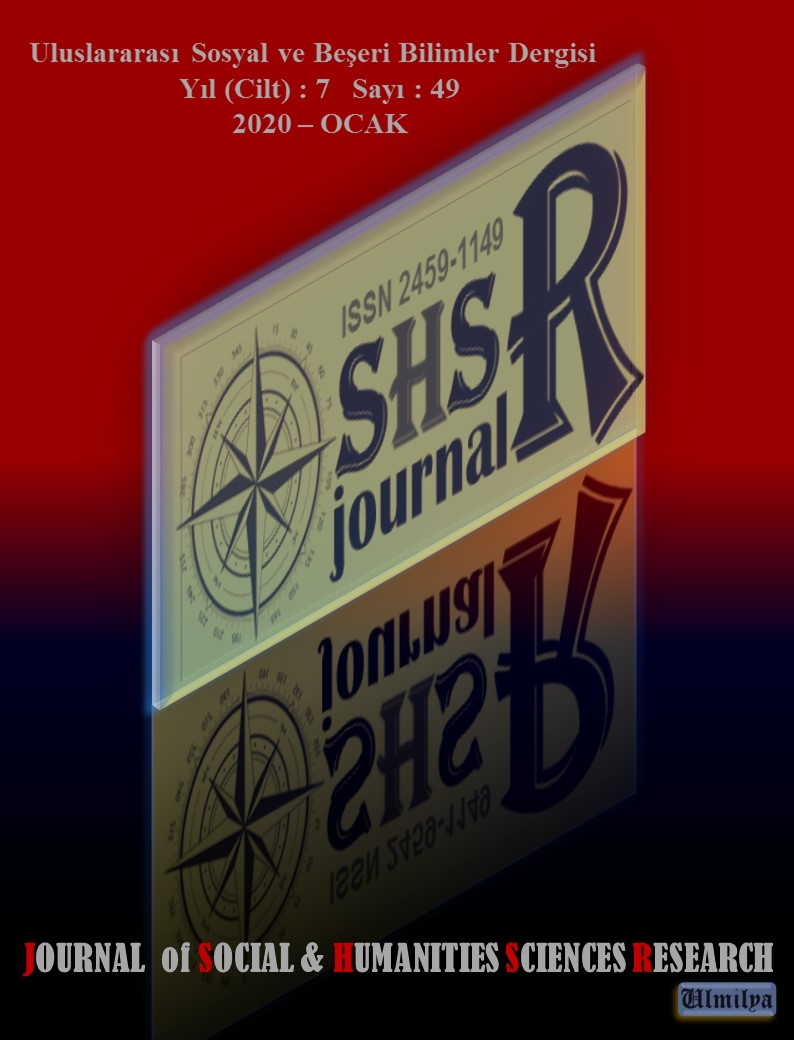SOLUTIONS FOR THE DISABLED IN THE HOTEL BUILDINGS
DOI:
https://doi.org/10.26450/jshsr.1724Keywords:
Disabled, types of disabilities, hotel constructions, hotel buildingsAbstract
Design of space is part of our everyday life for the physical, psychological and sociological characteristics of the individual. If the design is a necessity for the normal individual it should also bring equal amounts of usage rights to the disabled. Disabled individuals shouldn’t be regarded as different within the society and space solutions should be designed taking disabilities into account. The usage of the facilities within the space should be functionally available to the disabled. Designs that have positive impacts on the lives of the mentally, physically disabled and the blind hold a crucial role in making it easier for them to hold on to their lives.
When designing the living spaces of the disabled, project applications should be executed considering detailed solutions and standards that would offer answers to all the requirements. In this context, solutions that would ease the lives of the disabled play an essential role in hotel constructions as well as residential, public and educational buildings. The number of hotels built regarding the disabled especially is fairly low. Remarkably, there are no holiday resorts or hotels in Turkey addressing the disabled. Regarding this, various location typologies in İstanbul have been studied and the way how well hotels can serve the disabled has especially been examined.
Consequently, during this research, it has been observed that the number of undisabled, accessible hotel designs is low in number and difficulties in using spaces have been observed. For this reason solutions for hotel constructions that will not limit the lives of the disabled and where the disabled would be able to accommodate and have a holiday together have been suggested.
Downloads
Published
How to Cite
Issue
Section
License
Copyright (c) 2020 INTERNATIONAL JOURNAL OF SOCIAL HUMANITIES SCIENCES RESEARCH

This work is licensed under a Creative Commons Attribution 4.0 International License.


